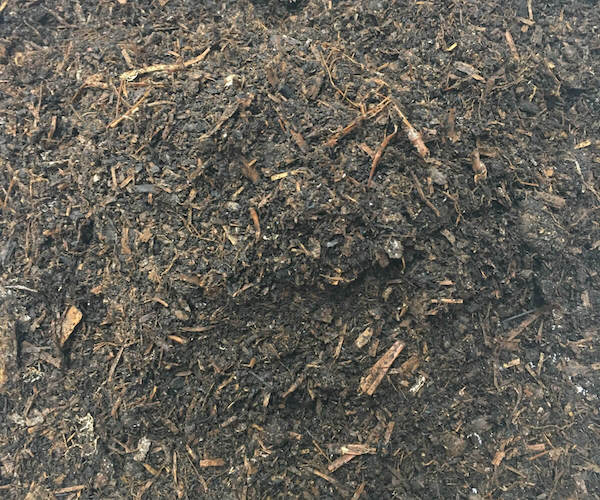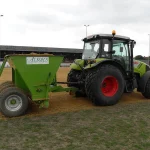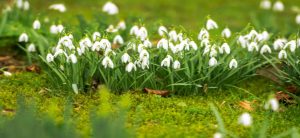Manure and fertilizers are a common sight in gardens, vegetable patches and allotments, but what is the reasoning behind this? Thanks to its high nutrient and mineral content, manure is great for mixing into those garden borders to encourage root growth and health, along with an extensive list of other benefits.
In this guide, we explain what organic manure is, what it can be used for and when to apply manure to your garden, allotment or landscaping project.
Contents
What is manure?
Manure is organic matter that is used as a fertilizer in gardening and agriculture, with the majority of manure consisting of animal faeces and bedding straw. The most common types of organic manure are:
- Animal manure
- Compost manure
- Green manure
Types of manure
Manure is available in many varieties, but they are typically grouped into three main types. Each type has its own benefits, but the main objective is to provide extra nutrients to the soil.
Animal manure
Animal manure is the most common type of manure used in gardens across the UK thanks to its wide availability and benefits. Animal manure can be split down into farmyard manure (FYM) or farm slurry. FYM contains plant material (often straw), which has been used as bedding for farm animals and this absorbs the faeces and urine of the animals. Farm slurry is produced where plant material isn’t used as bedding for animals – instead concrete or slated are used. This manure is then collected and mixed in with fresh straw.
This type of manure comes from animals such as; horses, cattle, sheep, chickens and pigs.
Compost manure
Compost manure is the decomposed remnants of organic material such as plants and shrubs. This decomposed organic matter is then mixed in with animal faeces or bedding to create a nutrient-rich manure.
Green manure
Similar to compost manure, green manure is created using green plants, herbs and shrubs. Crops are specifically grown for the purpose of plowing them into a field and in turn, increases soil fertility – encourages root growth and health.

Why should I use manure? The benefits of organic manure
Manure is widely used by gardeners and landscapers alike, but what’s the reasoning behind it? Mixing manure into the soil will help encourage root growth and health because the manure is packed full of nutrients. The main nutrient released is nitrogen which is needed for plants and vegetables to grow in a sustainable manner. Manure also contributes to an improved soil structure, resulting in better infiltration and retention of water.
In addition to the slow release of nutrients, manure encourages the migration of worms, insect larvae, algae and other living organisms. If you’re looking to grow healthy roses, see our guide on whether you should add horse manure.
When should I apply manure to my garden or allotment?
When it comes to adding manure to your garden or allotment, there are guidelines you should follow. You should look for the specifications of the manure like the animal it has come from, the age of the manure, and the composting time it has gone through. Fresh manure may sound like the best option, but in reality, it isn’t – plants are at risk from E.coli, salmonella and other harmful bacteria when fresh manure is applied. (Let the manure dry and age in order to achieve the best results for your garden).
Applying manure should be made at least three months prior to harvest or full growth, meaning the best time to add manure to your garden is in the late autumn or winter.
Where can I buy manure?
Based in Hambledon, Hampshire, we can supply organic, well-rotted horse manure for all those who are local to the Portsmouth area and further surrounding towns and cities. Alsoils+ have been servicing domestic and trade customers for over 35 years with the highest quality horse manure, leaving you safe in the knowledge that we can cater for your needs.
Our well-rotted horse FYM is both high-quality and affordable for all purposes. With its highly versatile and low maintenance nature, they are the ideal solution for a variety of gardening and landscaping needs.





